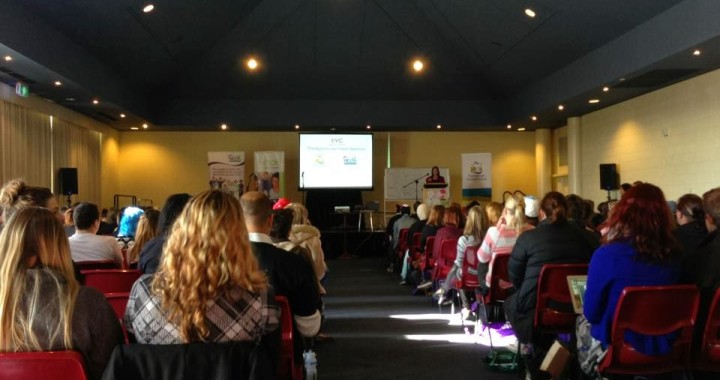99% attitude and 1% skill: youth work students need to realise!
When you have students come into your organisation for placement gently remind them that their attitude is important to their overall success in their placement and in the sector. Skills are the 1%ers which can be taught. Attitude is the thing that will get them through every time.
Failure is only the beginning in youth work.
The youth sector must promote self care
Promoting self care
One of my best mates in youth work said to me today that he had been speaking to a bunch of people about the work of Ultimate Youth Worker recently. He stated that he was surprised when almost all of them stated that they didn’t think there was an issue with self care within the sector. When my friend spoke of burnout rates and levels of psychological stress in our sector they could begin to see the issue.
If managers and organisations really understood the negative effects and the cost to the organisation then self care would be the first thing on their agenda rather than the last. If organisations saw the revolving door that spat out their staff you think they would try to stop it. We can no longer ignore the fact that our sector is allowing staff to become psychologically damaged just to meet KPI’s.
Throughout our research we have been shocked at how many individuals, managers, organisations and peak bodies who at best pay lip service and at worst see self care as for the weak. Over the past few months I have been privileged to speak with and train a number of Tasmanians in self care. The most fantastic thing about this is that in the Youth Ethics Framework for Tasmania they state categorically that self care is a ethical requirement.
 We need more groups like the Youth Network of Tasmania to stand up and shout that self care is a requirement for exceptional youth work.
We need more groups like the Youth Network of Tasmania to stand up and shout that self care is a requirement for exceptional youth work.
What are you doing to set the self care agenda???
You can also leave us a comment below or post a comment on facebook and twitter.
If you haven’t yet, sign up for our newsletter to find out all the goings on at Ultimate Youth Worker. (Sign up here)
Passion needs to be tempered for effective youth work.
Leave us a comment below or post a comment on facebook and twitter.
If you haven’t yet, sign up for our newsletter to find out all the goings on at Ultimate Youth Worker. (Sign up here)
Vicarious trauma and youth workers: a recipe for disaster.
Ultimate Youth Worker on C2Y Podcast: Youth Work Online
Good self care in youth work
Self care is an ethical requirement
Leave us a comment below or post a comment on facebook and twitter.
If you haven’t yet, sign up for our newsletter to find out all the goings on at Ultimate Youth Worker. (Sign up here)
Developing leaders in youth work: Its crucial to mentor.
Our challenge to you:






